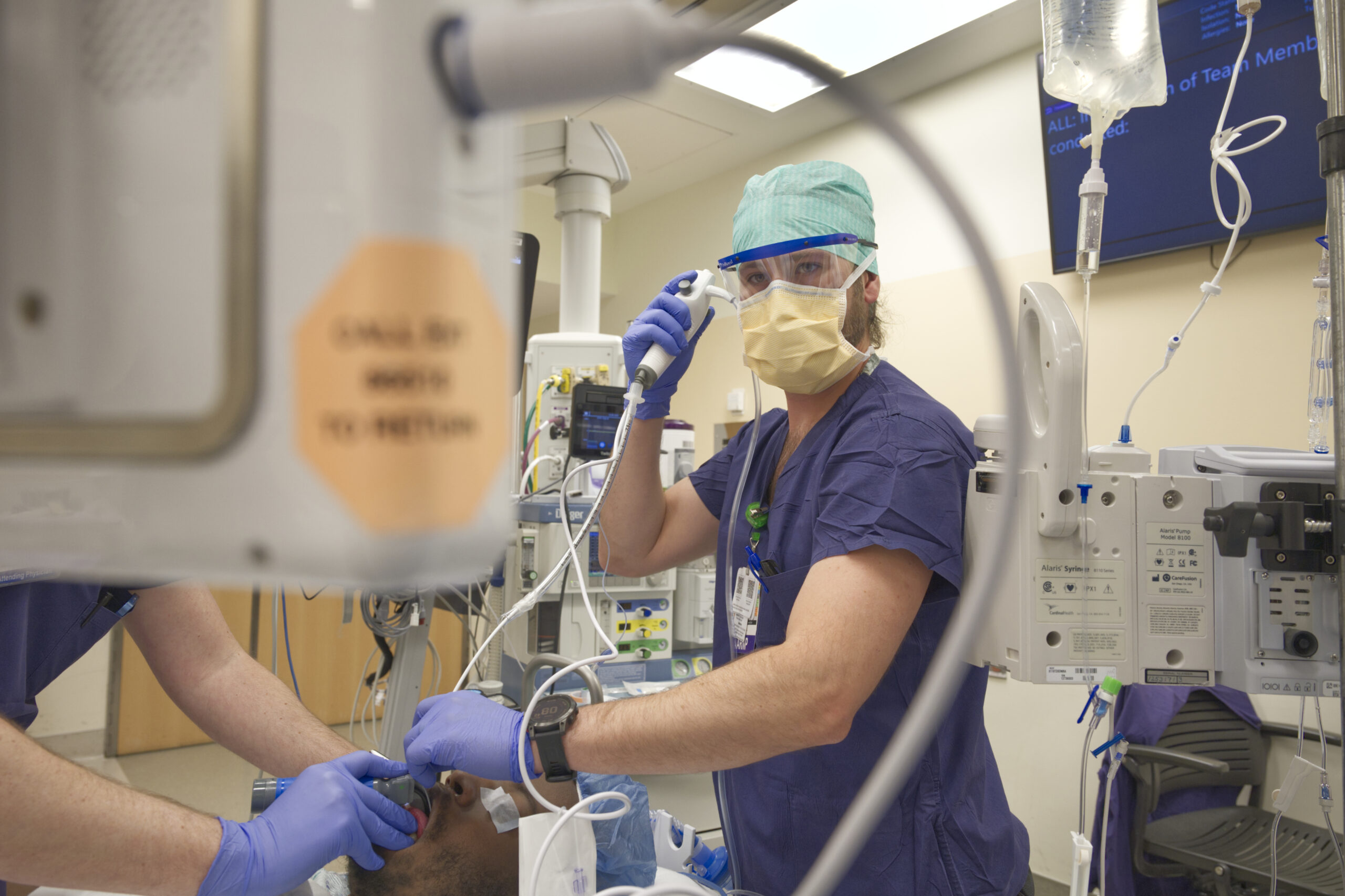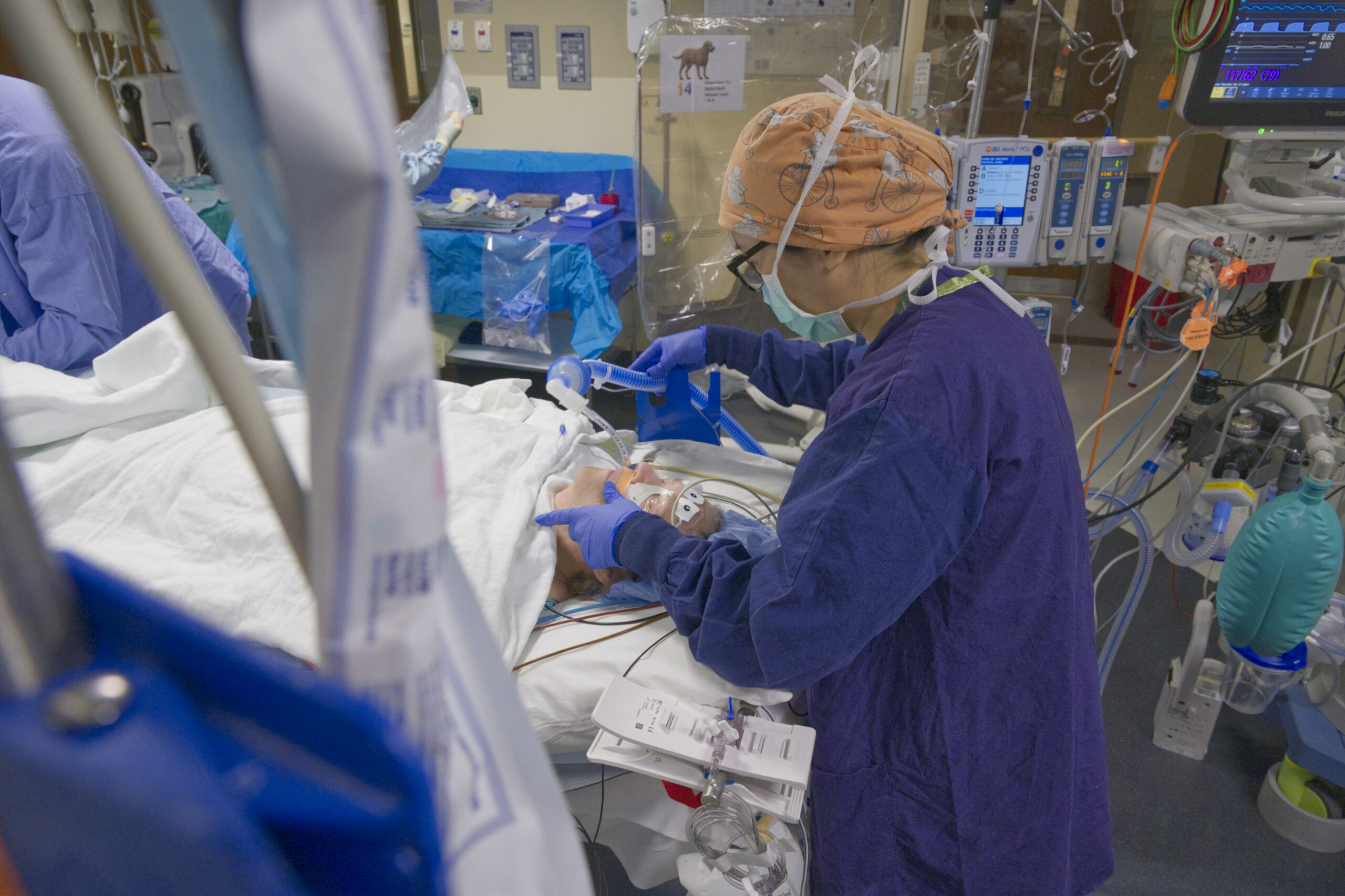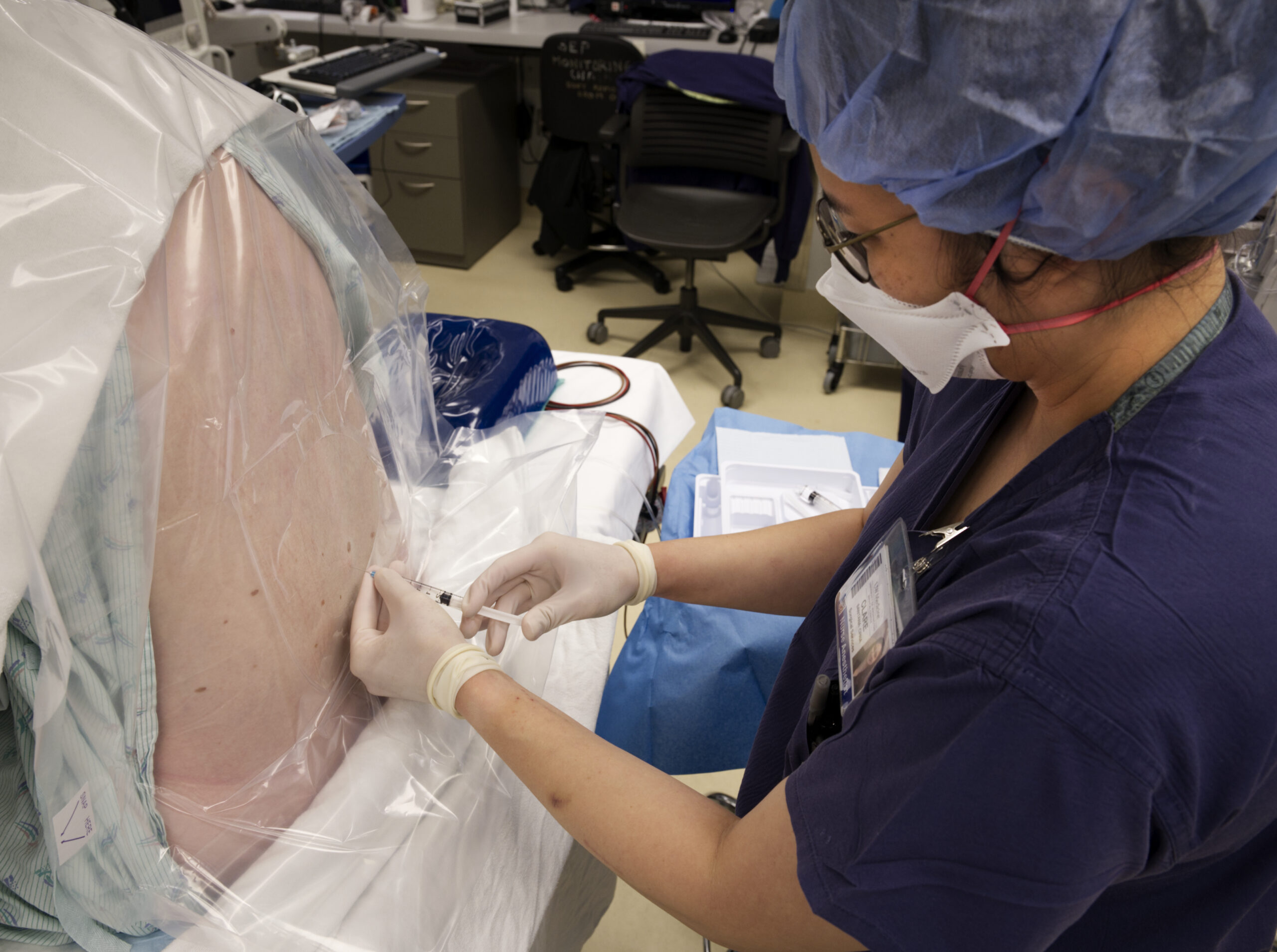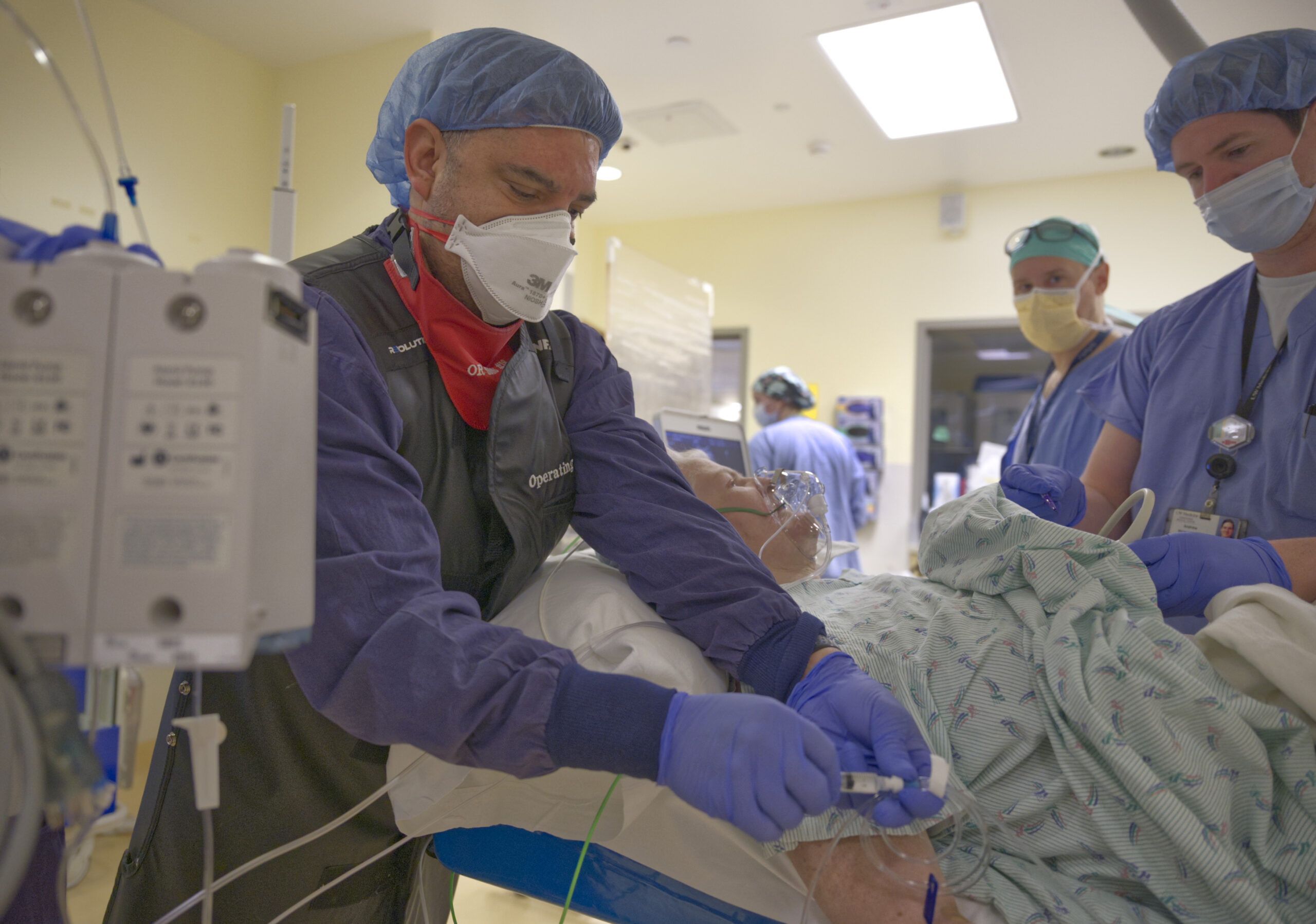Certified Registered Nurse Anesthetists (CRNAs)
What is a CRNA?
Certified Registered Nurse Anesthetists (CRNAs) are Advanced Registered Nurse Practitioners that have provided anesthesia care to patients for over 150 years. They safely administer more than 50 million anesthetics annually to patients in the United States.
CRNAs practice in every setting in which anesthesia is delivered: traditional hospital surgical suites and obstetrical delivery rooms; critical access hospitals; ambulatory surgical centers; ketamine clinics; the offices of dentists, podiatrists, ophthalmologists, plastic surgeons, and pain management specialists; and U.S. military, Public Health Services, and Department of Veterans Affairs healthcare facilities.
CRNA preparation requires at least 7–8.5 calendar years of education and experience. CRNAs have a baccalaureate or graduate degree in nursing and work at least one year as a Registered Nurse in a critical care setting. They graduate with a master’s or doctorate degree from a nurse anesthesia educational program accredited by the Council on Accreditation of Nurse Anesthesia Educational Programs.
History of CRNAs at UW
Dr. Fred Cheney, Vice Charmain of the Department of Anesthesia, advocated for the hiring of CRNAs within the University of Washington Medical Center system in May of 1980. Loretta Wassee was the first CRNA hired to work at the Seattle Veteran’s Administration, an affiliate of UW Medical Center. Within six months, six more CRNAs were hired at UW Medical Center. Today, CRNAs are an integral part of anesthesia delivery at Harborview Medical Center, Roosevelt Clinic, Seattle Children’s Hospital, UW Medical Center – Montlake, and UW Medical Center – Northwest.



